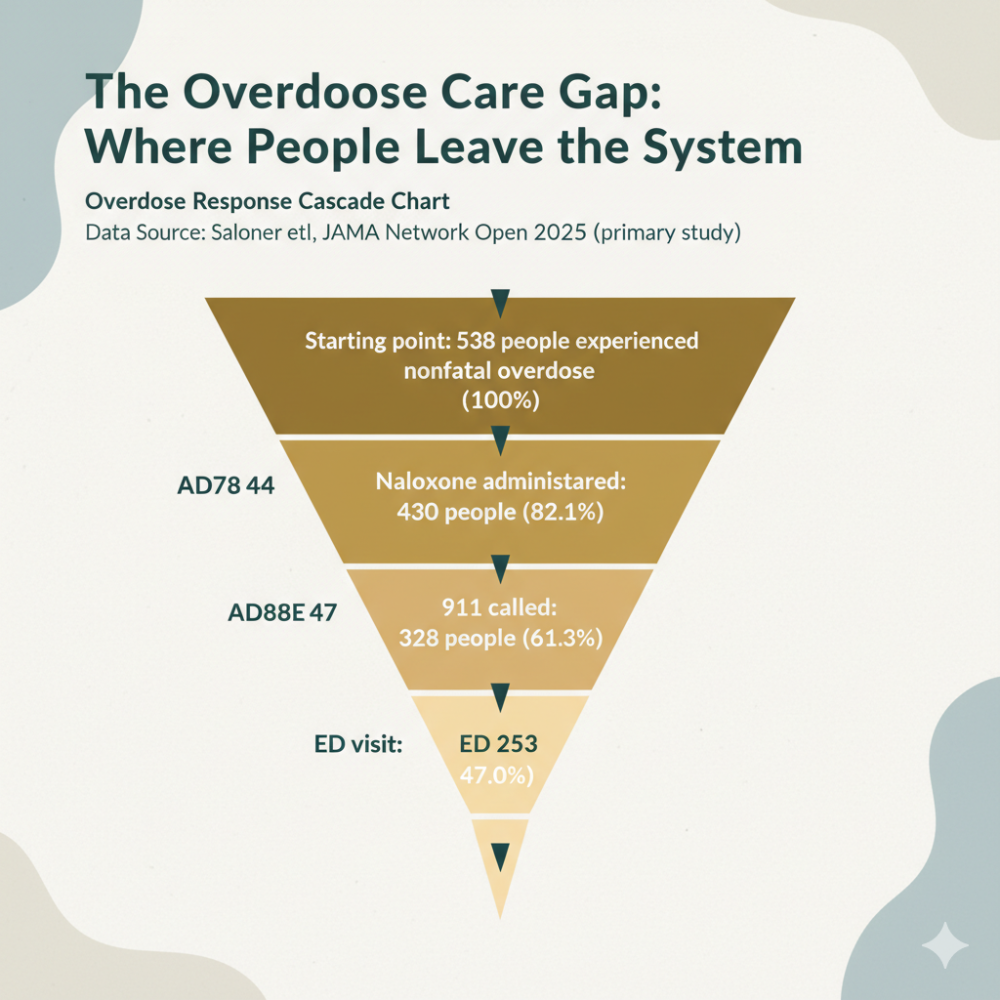The Dangers of Combining Lexapro & Alcohol
Navigating the world of medications can be complex, especially when it comes to understanding how they interact with substances like alcohol. One such medication that raises concern when mixed with alcohol is Lexapro.
As a commonly prescribed antidepressant, Lexapro plays a vital role in managing mental health disorders like depression and general anxiety disorder. But what happens when Lexapro meets alcohol in your system?
We’ll delve into the specifics of what Lexapro is, the effects of alcohol on the body, and most importantly, the significant risks associated with their combination. We’ll also explore the clinical perspectives on this issue and provide guidance on mitigating these risks.
Understanding Lexapro
What is Lexapro?
Lexapro, scientifically known as Escitalopram, is a type of medication that falls under the category of selective serotonin reuptake inhibitors (SSRIs). It’s primarily used to treat depression and anxiety disorders by helping to increase serotonin levels in the brain, which can lead to improved mood and energy levels.
Lexapro Uses and Benefits
Lexapro is commonly prescribed to individuals suffering from depression and generalized anxiety disorder. It can alleviate feelings of restlessness, fear, and unease. Additionally, it can help combat intense irrational fears and unwanted thoughts.
Common Side Effects of Lexapro
Like any medication, Lexapro is not without its side effects. These may include:
- Nausea
- Headaches
- Dry Mouth
- Increased Sweating
- Sleep Issues
- Sexual Problems
However, many people using Lexapro do not experience serious side effects.
Alcohol and Its Impacts on the Body
How Alcohol Affects the Body and Mind
Alcohol is a central nervous system depressant. It slows down brain function and alters the way nerves send messages back and forth. That’s why after a few drinks, you might feel more relaxed or less anxious. But remember, overconsumption can lead to harmful consequences.
Short and Long-term Impacts of Alcohol
In the short term, excessive alcohol consumption can lead to poor judgment, slower reflexes, and blackouts. Over the long haul, it can contribute to chronic diseases like liver cirrhosis, pancreatitis, and various cancers.
The Risks of Combining Lexapro and Alcohol
How Lexapro and Alcohol Interact
The interplay between Lexapro and alcohol takes place on a molecular level within your body, specifically in your brain. Both substances can influence neurotransmitter systems, in particular, the serotonin system. Lexapro works by inhibiting the reuptake of serotonin, essentially leaving more of it available in the brain. This tends to enhance mood and reduce feelings of anxiety and depression. On the other hand, alcohol can increase the release of serotonin, but it also disrupts the balance of other neurotransmitters, potentially leading to mood swings, depression, and anxiety over time.
The simultaneous ingestion of Lexapro and alcohol can lead to an initial surge of serotonin, but this may be followed by a significant drop or erratic fluctuations, causing mood instability and exacerbating depressive or anxiety symptoms. The combined effects can be unpredictable and potentially dangerous, leading to severe mental and physical health consequences.
Immediate Dangers of Mixing Lexapro and Alcohol
Mixing Lexapro and alcohol can have immediate effects. Due to the interaction of these substances, you might experience heightened side effects of Lexapro, including:
- Dizziness
- Drowsiness
- Insomnia
- Difficulty Concentrating
It can also increase the likelihood of experiencing more severe side effects such as:
- Liver Problems
- Worsened Symptoms of Depression
- Heightened Anxiety
- Suicidal Thoughts
In more extreme cases, mixing these two substances can lead to serotonin syndrome, a potentially life-threatening condition characterized by rapid heartbeat, high body temperature, agitation, and hallucinations. If left untreated, it can lead to seizures and, in rare cases, death.
Long-Term Dangers of Mixing Lexapro and Alcohol
The long-term effects of mixing Lexapro and alcohol can be just as concerning as the immediate ones. Regularly mixing these substances can exacerbate the symptoms of depression and anxiety—the very conditions Lexapro is intended to treat. This can lead to a vicious cycle where the individual may feel the need to consume more alcohol or take higher doses of Lexapro, leading to a potential dependency on one or both substances.
Furthermore, prolonged mixing of Lexapro and alcohol increases the risk of alcohol-related injuries and accidents due to the heightened effects of alcohol, such as impaired coordination and slow reflexes. Over time, it can also contribute to the development of chronic physical health issues, such as:
- Liver disease
- Heart problems
- Neurological damage
In essence, the risks associated with combining Lexapro and alcohol are significant and multifaceted. They can negatively impact your mental and physical health, both immediately and in the long term. Therefore, it’s crucial to heed medical advice and avoid mixing these two substances.
Health Professional Recommendations
In the medical world, healthcare professionals unanimously advise against the combination of Lexapro and alcohol. This advice isn’t given lightly, and it is backed by a substantial body of scientific evidence outlining the potential harms of this combination.
When prescribing Lexapro, doctors will typically discuss the importance of abstaining from alcohol during the course of treatment. This is because alcohol can interfere with the drug’s effectiveness and can exacerbate its side effects. This conversation is part of the commitment health professionals make to ensuring patient safety and well-being.
Pharmacists, too, play a crucial role in reinforcing this message. When dispensing Lexapro, they take the opportunity to remind patients about the importance of avoiding alcohol, and they are also available to discuss any concerns or answer questions about the medication and its potential interactions.
Gallus Detox Can Help
For those who find themselves struggling to abstain from alcohol while taking Lexapro, it’s important to remember that help is available. Addiction Treatment Centers like Gallus Detox can offer various forms of support, including a medically supervised detox, practical strategies for managing cravings and referring individuals to residential treatment or addiction support groups.
The dangers of mixing Lexapro and alcohol are real and significant. It’s crucial to understand the risks associated with this combination and take necessary measures to ensure your health and safety. Whether you’re on Lexapro or know someone who is, being aware and proactive can make all the difference. Please reach out to our team of addiction treatment professionals if you need help.
FAQs
Can I have a small amount of alcohol while on Lexapro?
While the occasional small drink may not cause significant harm, it’s generally recommended to avoid alcohol completely while on Lexapro due to potential risks.
What should I do if I’ve accidentally combined Lexapro and alcohol?
If you accidentally mix Lexapro and alcohol, seek medical help immediately, especially if you start experiencing severe side effects.
Does the interaction vary depending on the amount of alcohol consumed?
Yes, the more alcohol you consume, the more dangerous the interaction becomes.
Will I need to be on Lexapro forever?
Not necessarily. Your healthcare provider will determine the duration of your treatment based on your individual needs.
What can I do if I’m struggling with abstaining from alcohol while on Lexapro?
You should seek help from a healthcare provider or join a support group. It’s important to have a strong support system to help you manage these challenges.
References:
- Lexapro® Escitalopram oxalate Consumer Medicine Information (CMI). (n.d.). New Zealand Medicines and Medical Devices Safety Authority. https://www.medsafe.govt.nz/consumers/cmi/l/Lexapro.pdf
- United Kingdom National Health Service, N. (n.d.). Side effects of escitalopram. nhs.uk. https://www.nhs.uk/medicines/escitalopram/side-effects-of-escitalopram/
- Alcohol and Cancer | CDC. (n.d.). https://www.cdc.gov/cancer/alcohol/index.htm
- Professional, C. C. M. (n.d.). Serotonin syndrome. Cleveland Clinic. https://my.clevelandclinic.org/health/diseases/17687-serotonin-syndrome
- Silva, J. C. (2018, July 25). Is it safe to drink alcohol while taking Lexapro? https://www.medicalnewstoday.com/articles/322569


 Steve B
Steve B 
